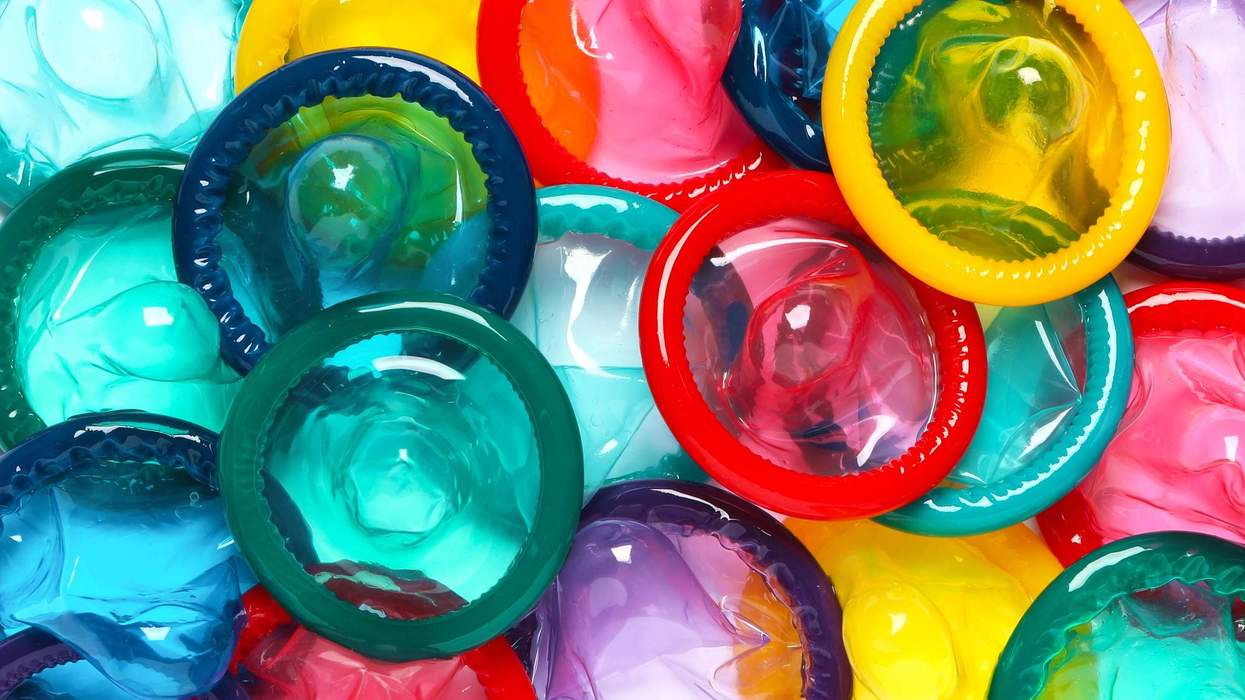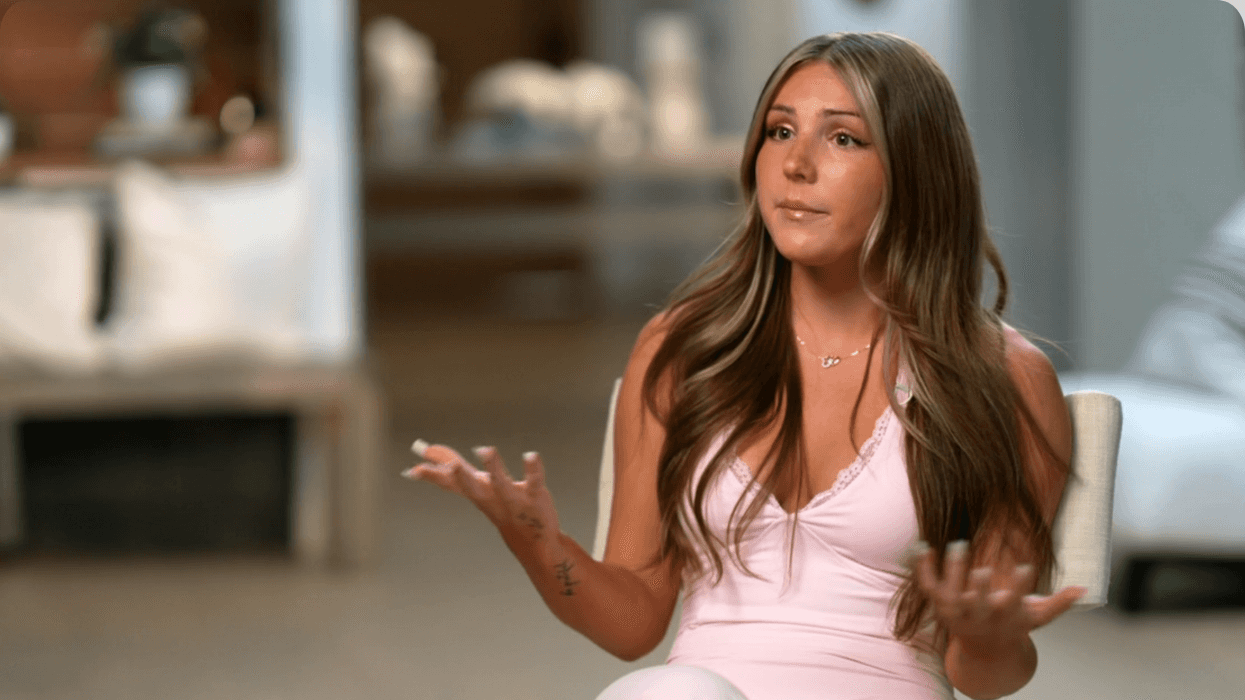The Miss America Pageant got its start in 1921, just one year after women were granted the right to vote. Margaret Gorman beat out seven other contestants to win the top prize in what was then dubbed the "Atlantic City's Inter-City Beauty Contest."
The timing of this seems rather fitting for an organization that has routinely been praised for empowering women by providing educational opportunities through its enormous scholarship program, while simultaneously being criticized for the beauty contest-like format it employs to dole out those opportunities.
Similarly, detractors would point out that it wasn't until 1984 that an African-American woman, Vanessa Williams, broke the racial glass ceiling by winning the crown. (Although, it might be worth noting that in the 33 years since, nearly one-third of the winners have been women of color.)
This year, the organization has taken another leap forward: in June, Erin O'Flaherty was crowned Miss Missouri, the first openly gay contestant to win a pageant at the state level, which is the final step on the path to becoming Miss America. We caught up with Miss Missouri this week as she rehearsed for Sunday's broadcast.
Out: What first attracted you to compete in pageants?
Erin O'Flaherty: When I went to UCF, I moved out there without really knowing anyone and was looking for a way to get involved. I kept seeing this girl around campus and liked how she carried herself with grace and poise. She was Miss University of Central Florida. As I got to know her, she introduced me. So, the next year, I enrolled in the Miss UCF program and it was through that that I learned about the Miss America organization.
Were pageants on your radar as a little girl?
Not really. I was aware of Miss America, of course. But I was always outside and playing sports. I was very involved with soccer.
After becoming Miss University of Central Florida, you obviously continued competing in other pageants. How and when did you decide to come out to that community?
I didn't make an announcement or anything. There wasn't any big moment, but it was my second year when I came out. I had done three pageants at this point. I would let it come up during the interviews and I was just being myself so it didn't seem awkward.
It would come up in the interviews how?
When I would talk about my personal platform of suicide prevention or my involvement with The Trevor Project. I might say something like, "As a lesbian, I understand the experience of coming out, and of some people not being supportive of that." LGBT youth are eight times more likely to attempt suicide than their straight peers. I want to be a source of support for those teens who might be struggling.
What is your favorite part of competing?
Meeting so many great people, other women with a level of drive that matches mine. And, making friendships that have lasted years.
What is the most nerve-racking?
Being vulnerable. Each time in front of a panel is different, with new people. And, it's hard to know what they are looking for or may respond to but, of course, I want them to like me."
In an interview on CNN, you said that, "The Miss America organization has done a great job of wrapping their arms around me. Everyone who I've come into contact with has been nothing but supportive." So, when someone comes up to you criticizing the Miss America program for being behind the times or a sexist beauty pageant, how do you respond?
From my experience, the people making these kinds of statements really don't know anything about the Miss America Organization. I'm a young woman who has had her education paid for thanks to these pageants. Really, if I could get my feminist mother on board by explaining this, I can probably get these critics on board too.
When you think of the woman, Miss America, what characteristics come to mind?
She's empathetic, resilient and driven. Three things I believe I possess as well.
What would becoming Miss America mean to you?
It would mean so much. For years, the LGBT community has been supportive of the Miss America pageants from behind the scenes and now I get to bring our community out front. It would mean that little girls across the country who are trying to find themselves and be true to who they are might see me as a role model and realize they too can reach their dreams.
Watch Miss Missouri, Erin O'Flaherty, and the 51 other contestants shine during the 2017 Miss America Competition, broadcast live Sunday, September 11 at 9PM ET/PT on ABC.





























